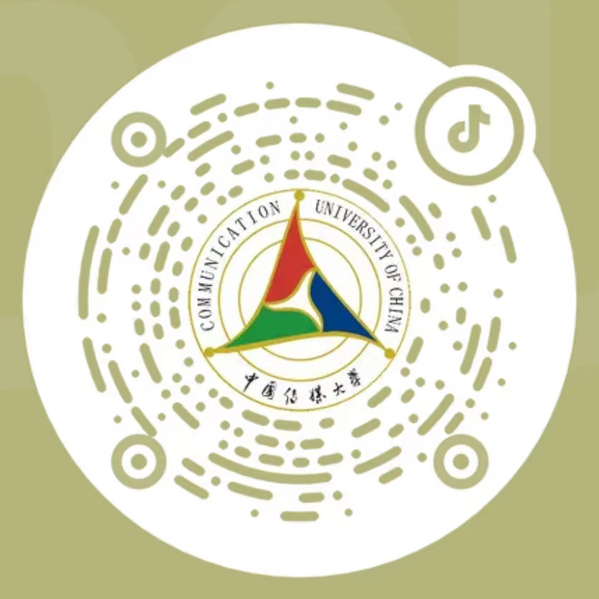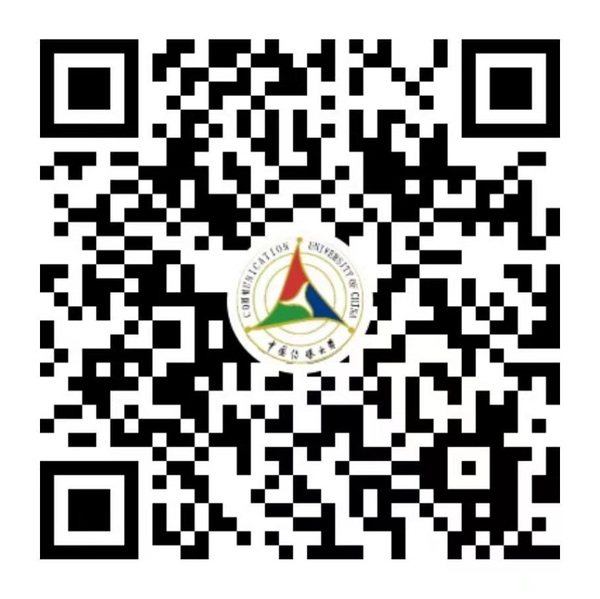By Ou Chuyao
On the morning of October 15, Communication University of China (CUC) welcomed a delegation from Lyceum of the Philippines University (LPU), led by Vice President Frederick. The visit, marked by a profound meeting with CUC Vice President Chai Jianping, served as a significant step towards forging a formal partnership between the two institutions.
Vice President Chai Jianping extended a warm welcome to the delegation and provided an overview of CUC's internationalization initiatives. He acknowledged LPU not only as a prestigious private university in the Philippines but also as an institution renowned for its strengths in management and engineering majors, while highlighting the significant potential for disciplinary alignment and collaboration between the two universities. In the context of the rapidly evolving landscape shaped by artificial intelligence and its profound impact on both the media industry and higher education, Vice President Chai expressed his hope that this visit would serve as a catalyst for cooperation in areas such as faculty and student exchanges, as well as Belt and Road Initiative regional studies.
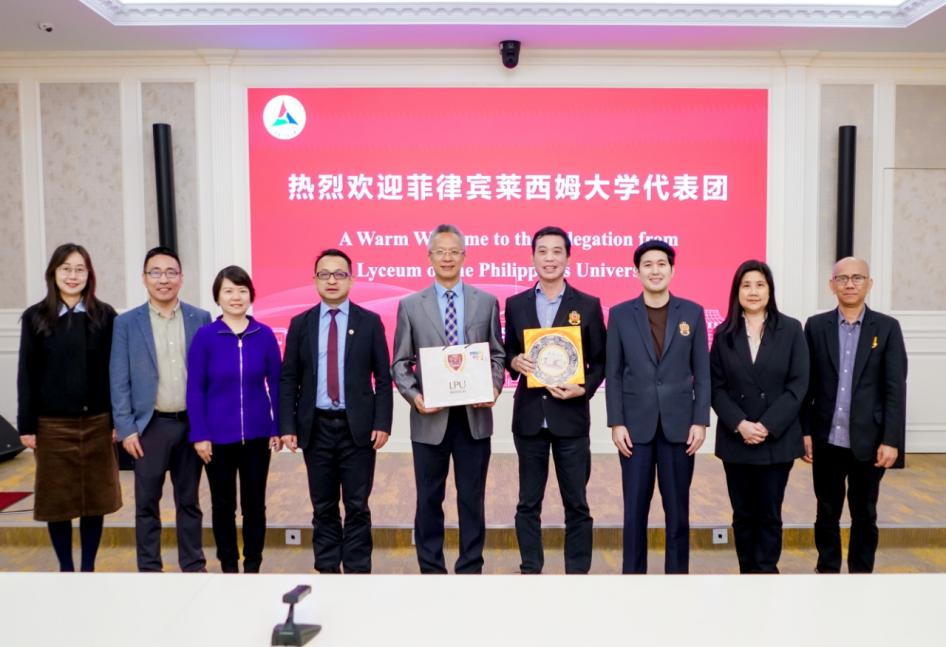
A Warm Welcome to the Delegation from Lyceum of the Philippines University
Vice President Frederick, in turn, spoke highly of CUC's developmental achievements and its esteemed reputation. He commended CUC as a leading institution in China's information and communication sector and a model for cultivating top-tier media talent. He stated that the primary aim of their visit was to learn from CUC's educational and talent development philosophies, to seek valuable insights to further the internationalization efforts of Lyceum of the Philippines University.
Following the talks, the Philippine delegation visited the CUC Media Museum and engaged in discussions with faculty and students from the School of Information and Communication Engineering. The meeting was also attended by Deputy Deans Li Shufeng and Li Zhenhui from the School of Information and Communication Engineering and the School of Economics and Management respectively, alongside Director Wang Wenyuan and Deputy Director Zhang Peipei from the Office of International Exchange and Cooperation.
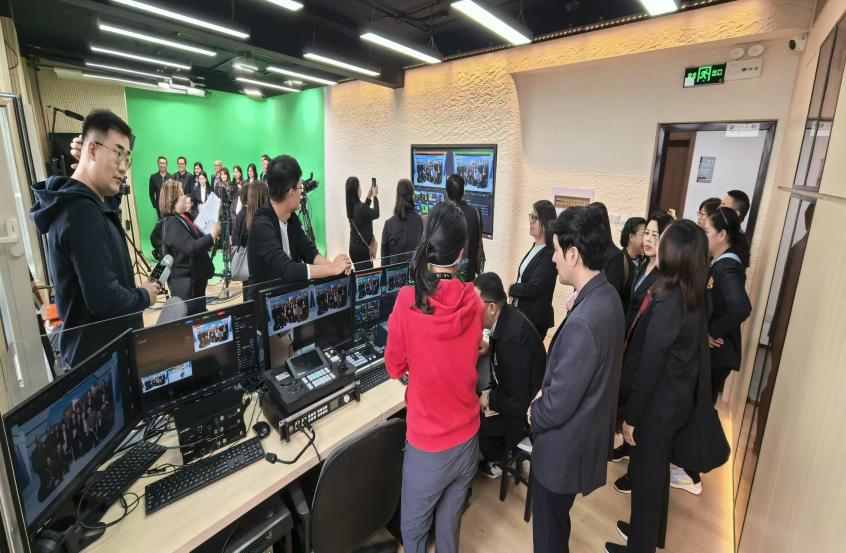
Lyceum of the Philippines University Delegation Tours Communication University of China
For the School of Foreign Studies at CUC, this developing partnership with Lyceum of the Philippines University presents transformative opportunities that align perfectly with its core educational mission. The potential collaboration addresses fundamental aspects of foreign language education that extend far beyond linguistic proficiency. In an increasingly interconnected world, the ability to navigate cultural contexts and engage in meaningful cross-cultural dialogue has become indispensable. A partnership with a Philippine institution provides Foreign Studies students with authentic environments to apply their language skills while developing crucial intercultural competencies.
The specific mention of Belt and Road Initiative regional studies in the discussions holds particular significance for foreign language scholars and students. This focus area creates natural pathways for foreign language students to engage in substantive research projects that examine Southeast Asian dynamics through multiple lenses – linguistic, cultural, political, and economic. Such involvement would allow students to transition from theoretical language learning to practical application, analyzing primary sources, conducting field research, and developing nuanced understandings of regional complexities. This experiential learning dimension substantially enhances their academic development and professional readiness for international careers.
From an institutional perspective, the School of International Studies can leverage this international partnership to strengthen its interdisciplinary positioning within the university. By contributing its specialized expertise in cross-cultural communication, critical regional analysis, and linguistic precision to collaborative initiatives with LPU, the School demonstrates how foreign language education serves as a vital component of comprehensive internationalization strategies. This integration of language studies, media research and global engagement cultivates graduates who possess not just language fluency but also cultural intelligence necessary for effective communication across borders.
The synergy between foreign language education and international media studies creates a powerful combination in today's global information landscape. Foreign Studies students bring essential skills in cultural interpretation and contextual understanding that complement technical media expertise. Meanwhile, exposure to media industry practices and challenges helps language students better understand the practical contexts where their skills may be applied. This interdisciplinary approach produces global communicators capable of crafting messages that resonate across cultural boundaries while navigating the ethical complexities of international information flow.
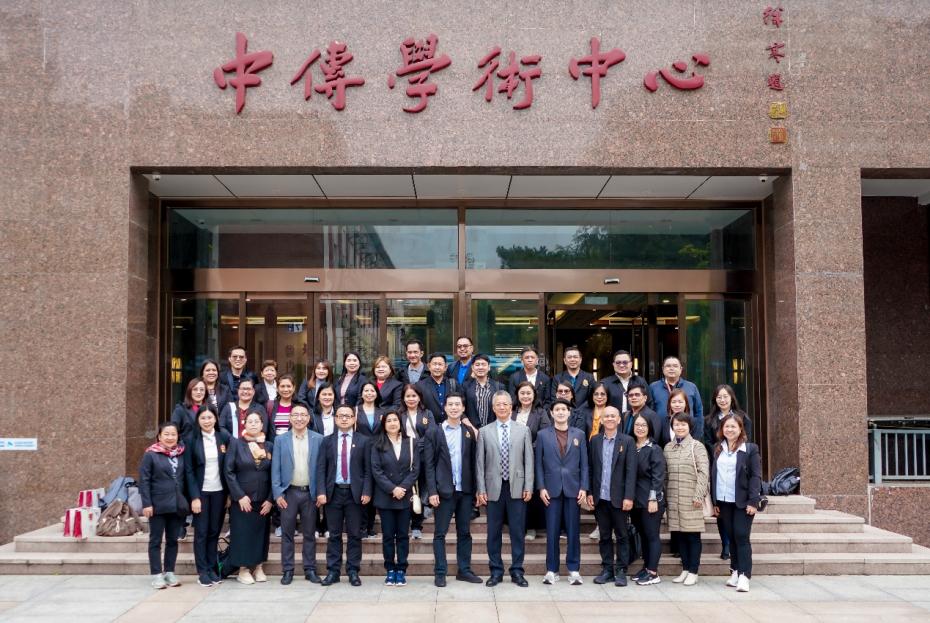
Group photo of the teaching team participating in this event
On a broader educational level, this engagement between CUC and LPU exemplifies the evolving nature of international academic cooperation in the 21st century. Such partnerships reflect that higher education's mission extends beyond knowledge transmission to include the development of global citizens equipped to address complex transnational challenges. For students, these international connections transform into expanded educational horizons, potential exchange opportunities, and the development of competencies highly valued in global job markets. The cross-cultural awareness and adaptability fostered through such partnerships are increasingly crucial in a world where professional and social boundaries continue to blur.
For the media and communication industries, which operate inherently across national and cultural contexts, international academic partnerships play a vital role in preparing the next generation of professionals. The industry requires individuals who can not only communicate effectively in multiple languages but who also possess deep understanding of cultural nuances and global perspectives. Collaborations like the one between CUC and LPU help develop professionals capable of building bridges between cultures, telling stories with global relevance, and facilitating mutual understanding in an increasingly complex information ecosystem. These partnerships ensure that media education remains responsive to the demands of a rapidly globalizing industry while maintaining academic rigor and cultural sensitivity.
This visit between Communication University of China and Lyceum of the Philippines University therefore represents more than a simple diplomatic exchange—it embodies the strategic direction of contemporary higher education. As universities worldwide navigate the challenges and opportunities of globalization, such partnerships become essential mechanisms for enhancing educational quality, promoting intercultural understanding, and addressing shared global challenges. The foundation laid through this engagement promises to enrich both institutions' educational missions while contributing to the broader landscape of international academic cooperation and cultural exchange in higher education.
Editor: Fang Yiran
Responsible Editor:Shao Jianyu
Managing Editor: Yu Ran,Yang Zhongtian



